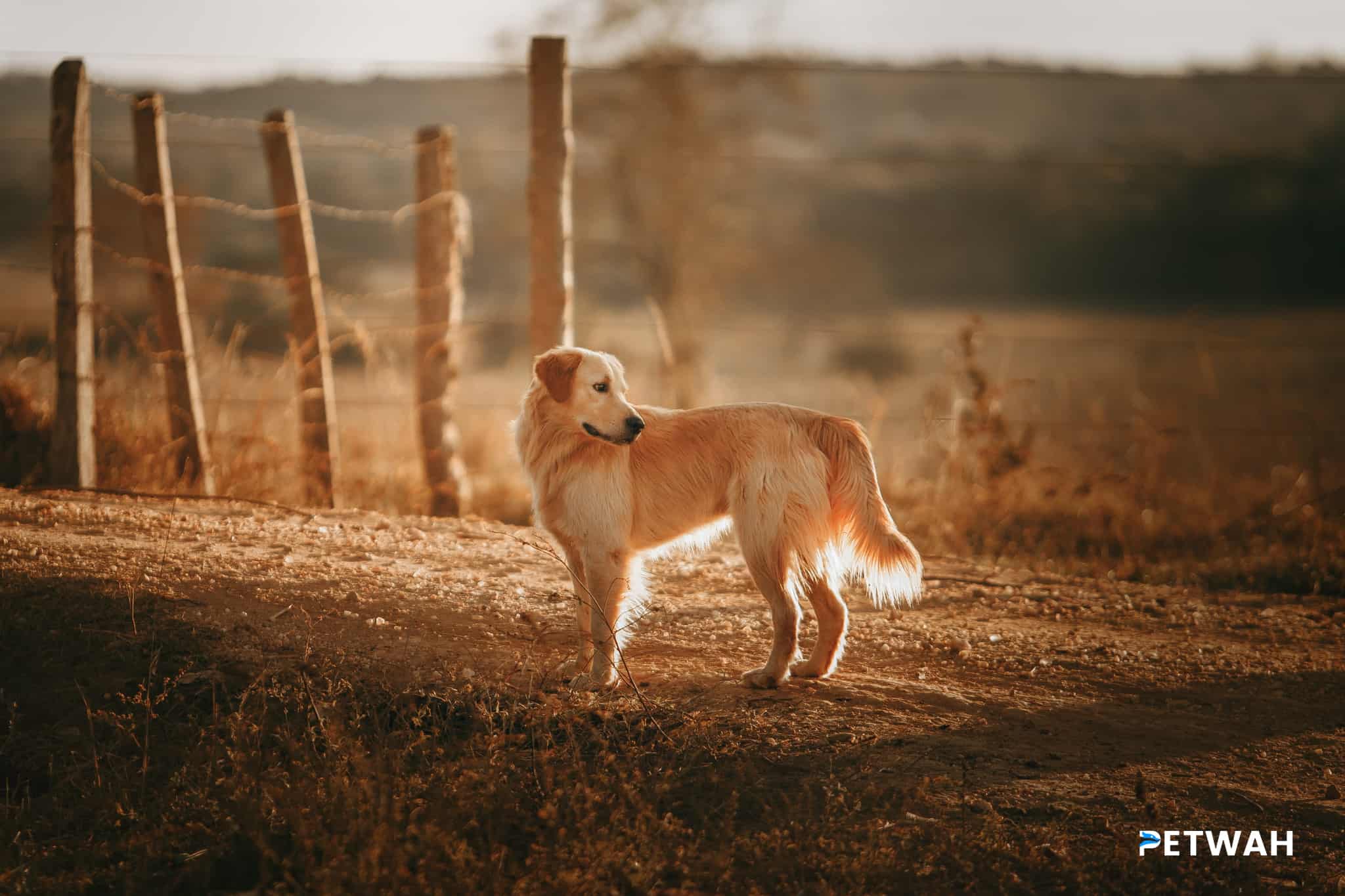As a Border Collie owner, you understand the importance of keeping your furry friend healthy and happy. However, some factors can impact your dog’s digestive system, leading to discomfort and even serious health issues. Whether you’re dealing with a puppy or an adult, digestive problems can be a common issue for Border Collies. In this blog post, we’ll explore some of the most common digestive problems that affect this breed and provide you with effective solutions to keep your dog’s tummy happy. So, let’s dive in and learn how to keep your Border Collie’s digestive system in top shape!
Keeping Your Border Collie’s Tummy Happy: Common Digestive Issues and Solutions
Border Collies are known for their remarkable intelligence, athleticism, and loyalty. They are often described as one of the most amazing dog breeds, and rightfully so. However, these amazing dogs are prone to certain digestive issues that can make their lives uncomfortable. If you’re a Border Collie owner, it’s essential to know about these common digestive issues and how to prevent them.
In this blog post, we’ll discuss some of the most common digestive problems that Border Collies may experience, their symptoms, and the best ways to treat and prevent them.
1. Gastric Torsion (Bloat)
Gastric torsion, also known as bloat, is a severe and life-threatening condition that requires immediate attention. This condition occurs when your Border Collie’s stomach fills up with gas and twists, preventing food and gas from escaping. Bloat can happen suddenly and can cause severe discomfort and pain to your dog.
The symptoms of bloat include:
– Restlessness and pacing
– An enlarged or distended abdomen
– Repeated attempts to vomit
– Excessive drooling
– Difficulty breathing
– Pale gums
– Rapid heartbeat
– Collapse
If you notice any of these symptoms, take your Border Collie to the veterinarian immediately. Treatment for bloat typically involves surgery to untwist the stomach and remove any gas or food that may be causing the problem.
To prevent bloat in your Border Collie, divide their meals into smaller portions throughout the day. Avoid feeding your dog immediately before or after exercise and avoid giving your dog large meals before bedtime.
2. Diarrhea
Diarrhea is a common digestive problem that can affect Border Collies of all ages. It can be caused by a variety of factors, including food allergies, infections, parasites, and stress.
The symptoms of diarrhea include:
– Watery or loose stools
– Increased frequency of bowel movements
– Straining to defecate
– Blood or mucus in the stool
– Vomiting
– Loss of appetite
– Lethargy
If your Border Collie has diarrhea, it’s essential to keep them hydrated by offering plenty of water. You can also try feeding your dog a bland diet of boiled chicken and rice to help soothe their stomach.
If the diarrhea persists for more than a day or two, or if your dog shows other symptoms such as vomiting or lethargy, take them to the veterinarian for an evaluation.
.jpg)
3. Constipation
Constipation is another common digestive problem that can affect Border Collies. It occurs when your dog has difficulty passing stool or has infrequent bowel movements.
The symptoms of constipation include:
– Infrequent bowel movements
– Straining to defecate
– Dry, hard stools
– Loss of appetite
– Lethargy
If your Border Collie has constipation, try feeding them a high-fiber diet to help promote regular bowel movements. You can also try adding a tablespoon of canned pumpkin to their food to help soften their stools.
If the constipation persists for more than a day or two, or if your dog shows any signs of discomfort, take them to the veterinarian for an evaluation.
4. Pancreatitis
Pancreatitis is a condition that occurs when the pancreas becomes inflamed. It can be caused by a variety of factors, including high-fat diets, obesity, and certain medications.
The symptoms of pancreatitis include:
– Abdominal pain
– Loss of appetite
– Vomiting
– Diarrhea
– Dehydration
– Fever
– Lethargy
If you suspect that your Border Collie has pancreatitis, take them to the veterinarian immediately. Treatment typically involves hospitalization, IV fluids, and a low-fat diet.
To prevent pancreatitis, feed your dog a low-fat diet and avoid giving them table scraps or high-fat treats.
Conclusion
Keeping your Border Collie’s tummy happy is essential for their overall health and wellbeing. By being aware of the common digestive problems that Border Collies may experience and taking preventative measures, you can help ensure that your furry friend stays healthy and comfortable.
If you notice any symptoms of digestive issues, don’t hesitate to take your Border Collie to the veterinarian. With proper care and attention, you can help your dog live a long and healthy life.
In conclusion, keeping your Border Collie’s tummy happy is crucial for their overall health and happiness. By understanding the common digestive issues that affect Border Collies and implementing preventative measures and solutions, you can ensure that your furry friend stays healthy and happy for years to come. Remember, a balanced diet, regular exercise, and routine vet check-ups are key to maintaining your Border Collie’s digestive health. With proper care and attention, you can help your beloved pet live their best life.


.jpg)
.jpg)
%20-%20Copy.jpg)
%20-%20Copy.png)

%20-%20Copy.jpg)
